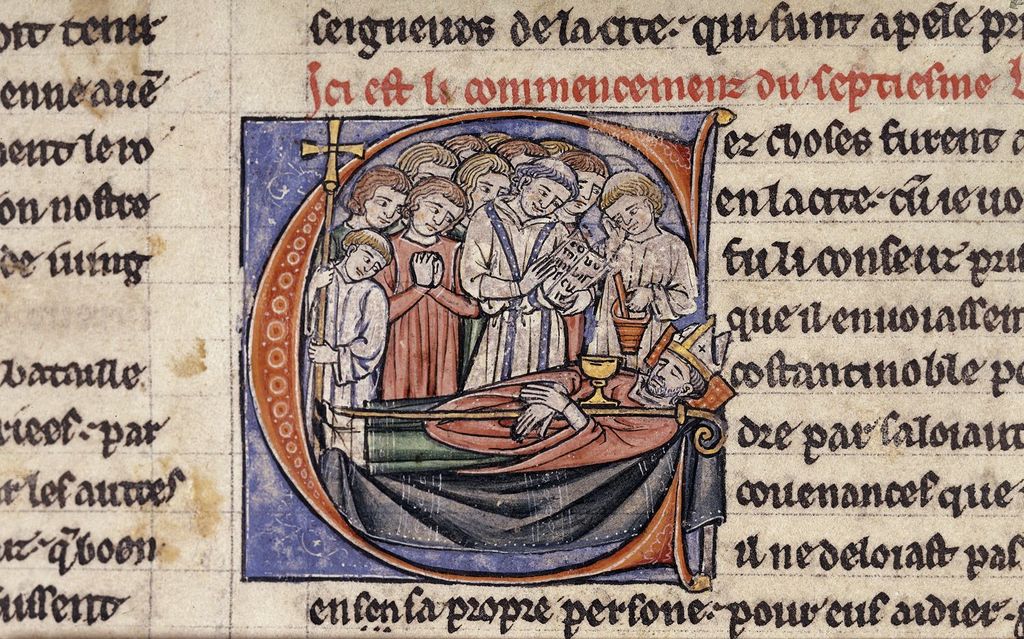
The basis, and much of the content, of Ecclesiastical Latin is to be found in the vernacular speech of the Roman people of which but little survives in literature. The form of Latin which is most commonly studied is that which is to be found in the writings of the great authors who lived in the century before the commencement of the Christian era. To this form of the language the name ‘Classical’ has been given, and it is often referred to as the Latin of the Golden Age. All the books of this period that have come down to us were the work of highly trained literary men who were thoroughly acquainted with Greek literature and who imitated of set purpose not only its form, but also its content… The genius of the old Latin language, like that of the old Roman people, expressed itself in action and was rich only in verbs and in concrete terms. Abstract ideas were quite foreign to native Latin thought, and, when the introduction of Greek philosophy rendered it necessary to express such ideas in speech, recourse was had either to a periphrasis or to new-coined or adopted words… The most potent influences in the formation of early Ecclesiastical Latin were (1) the Vernacular Latin of the period, by which the Fathers allowed themselves to be influenced in order that they might be understood by half-educated people, (2) the Old Latin version of the Bible with its many Graecisms and Hebraisms, (3) the Classical Latin as taught in the schools, of which all the Fathers were pupils, or even teachers. We might perhaps add a fourth source of influence to the above, namely the writings of Tertullian, who was an author of a very original and independent type of genius and who had great influence on all his Christian successors, especially on Cyprian.
H.P.V. Nunn – An Introduction to Ecclesiastical Latin

